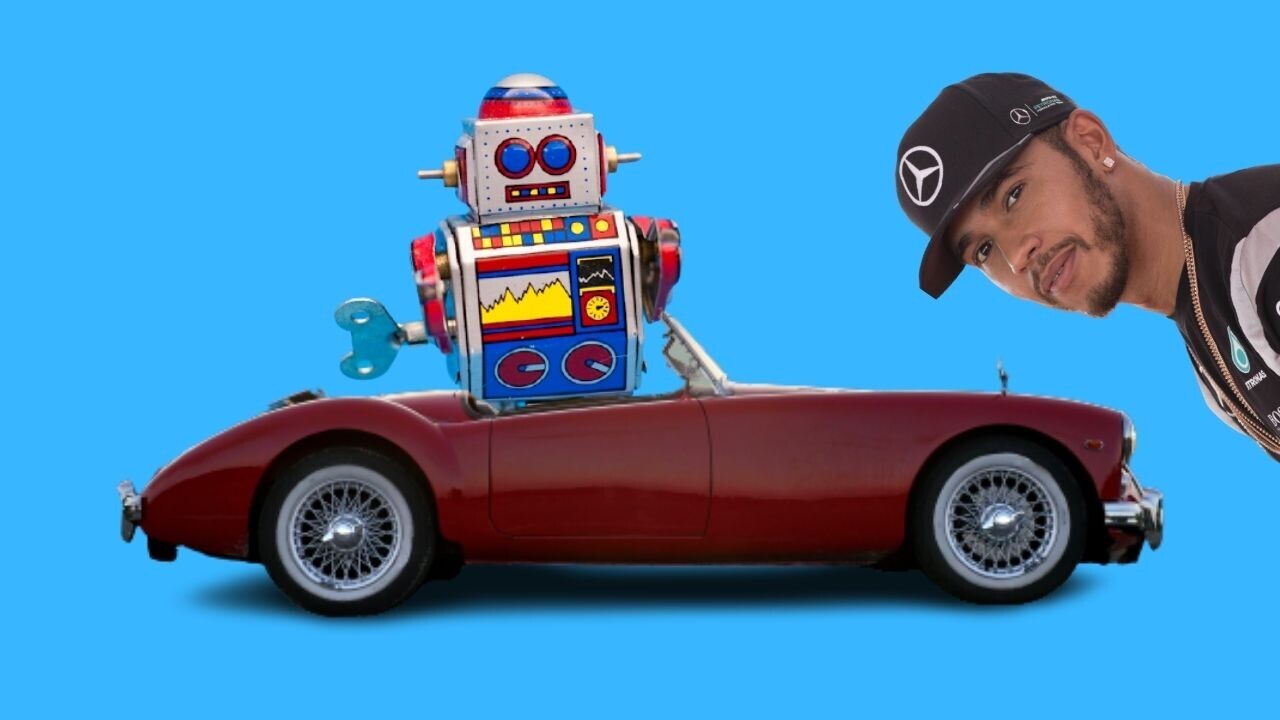
While Lewis Hamilton and Max Verstappen were racing for the Formula 1 title over the weekend, self-driving cars were fighting for the inaugural Indy Autonomous Challenge (IAC) championship.
The Technical University of Munich (TUM) took the chequered flag at the iconic Indianapolis Motor Speedway. The team bagged a cool $1 million after hitting an average speed of 218 km/h on the fabled oval track.
The contest was an impressive showcase of self-driving engineering, but it didn’t convince me that AI will soon replace human race car drivers.
One reason for my skepticism is that the algorithms didn’t prove they could compete with IndyCar drivers.
Their top speeds were nowhere near the records set by humans, and they were set in time-trials when no other cars were on the track. Racing side-by-side against other vehicles would have been a far tougher test.

The algorithms were also prone to errors. The EuroRacing team was pipped to the title due to a coding mistake, AFP reports. Their car set the fastest lap time of the race — 223 km/h — but lost out on average speed as it had been programmed to run five laps instead of the scheduled six. The PoliMOVE team also missed a chance to win when their GPS trackers shut down on the circuit.
These technical barriers, however, could soon be overcome. Indeed, the cars were doing overtaking during practice and may have reached higher speeds if the weather had been more forgiving. A bigger challenge will be attracting viewers.
The IAC contest made for a strangely soulless spectacle. Algorithms could push racing cars to new limits, but they’ll have a harder time capturing the public’s imagination.
In Formula 1, the heated rivalry between Hamilton and Verstappen has inflamed the passions of fans. Their polarizing personalities and unpredictable behavior have incited compelling clashes both on the track and off. A competition between computers isn’t likely to have the same emotional appeal.
A bigger benefit of autonomous racing could be marketing. If self-driving cars can compete in high-speed motor races, it could reassure the public that they’re safe enough to hit regular roads. Some of the crashes at the IAC, however, could have had the opposite effect.
Greetings Humanoids! Did you know we have a newsletter all about AI? You can subscribe to it right here.
Get the TNW newsletter
Get the most important tech news in your inbox each week.





